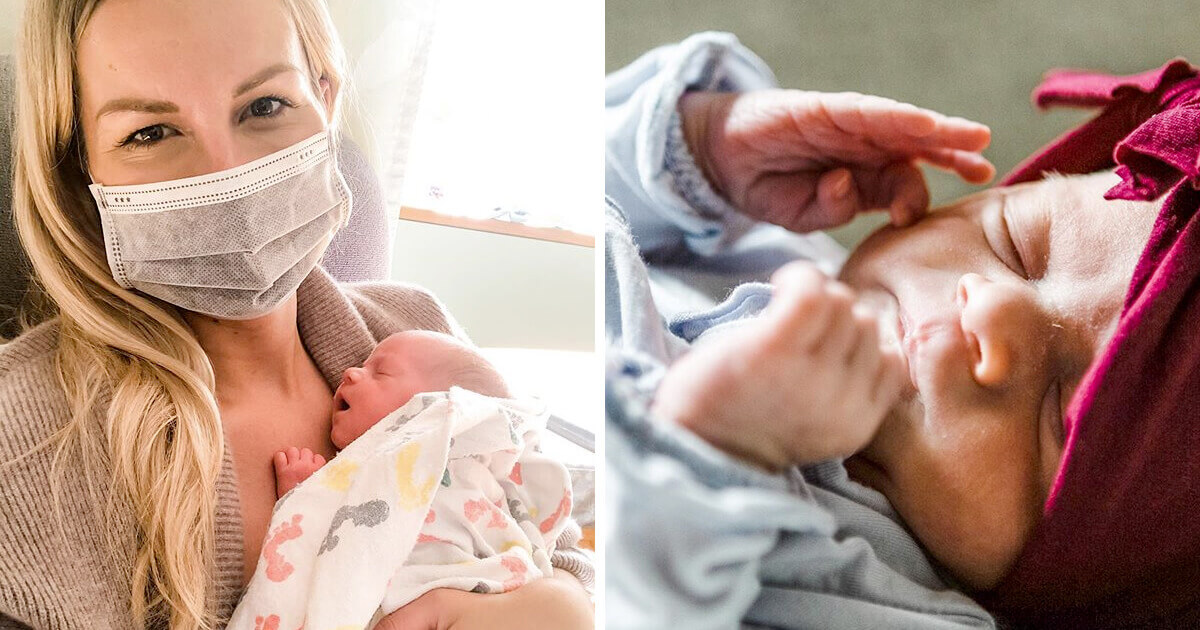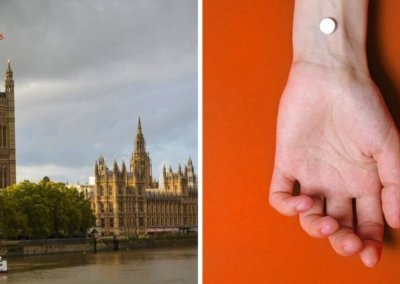A pregnant woman who had a severe case of coronavirus came out of a week-long medically induced coma earlier this month to the discovery that she had given birth to a baby girl.
Respiratory therapist Angela Primachenko was 33 weeks pregnant when she started to develop fever-like symptoms, which she suspected were from spring allergies.
However, just one week later, Angela had tested positive for COVID-19 and on 29 March was placed into a medically induced coma so that her body could focus on overcoming the infection.
As Angela lay comatose in her hospital room, her medical team at Legacy Salmon Creek Medical Center in Washington State had an hour-long meeting to decide how to handle her care and pregnancy.
Eventually, her doctors came to the decision it would be best for both the mother and baby to induce labour, several weeks early.
On 1 April, while Angela was still unconscious and fighting the virus, doctors induced labour and delivered a 4.5lb (2kg) baby girl.
Doctors placed the premature baby in the neonatal intensive care unit so they could monitor her.
Days later, the coronavirus still gripped Angela and she was waning physically.
Her twin sister, Oksana, said she and her eight other siblings were scared they were going to lose their sister that day.
Thankfully, Angela’s condition started to improve and on 6 April she woke up from the coma, unaware she had become a mother for the second time.
“After all the medication and everything I just woke up and all of a sudden I didn’t have my belly anymore! It was just extremely mind-blowing,” Angela told NBC’s Today programme.
She and her husband David have named their baby Ava, which means ‘breath of life’, with Angela revealing that she has always loved the name, but that it felt all the more appropriate after what she and her baby have been through.
This week Ava was able to leave the neonatal intensive care unit and join her 11-month-old sister Emily, mother and father at the family home, all of whom have tested negative for COVID-19.
On Instagram, Angela said: “The last few weeks have been filled with so much unexpected change in my life… and I feel like I can write a novel… but for tonight I’ll just write that life is good, and let’s find the good in it everyday.”












